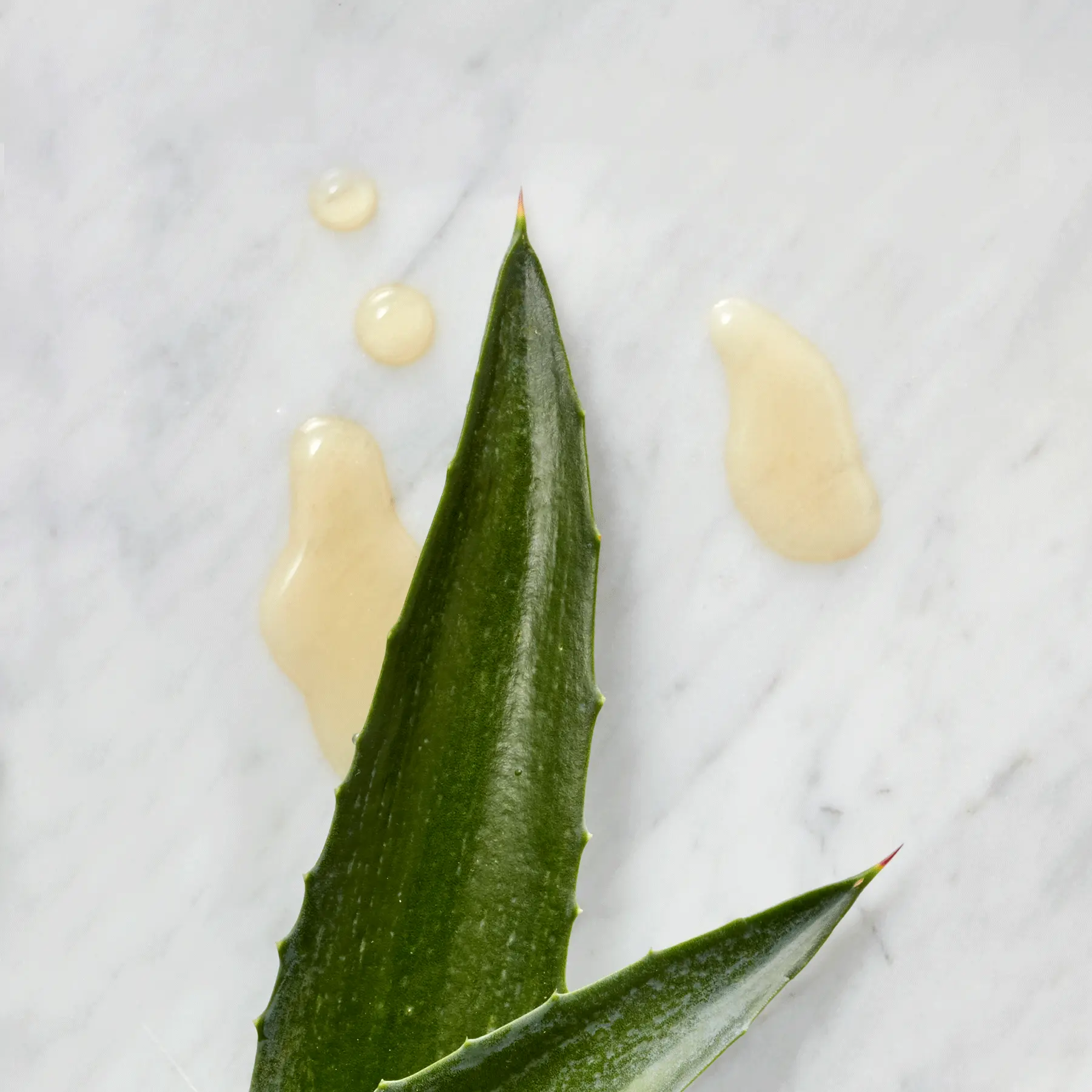Agave syrup is extracted from the agave plant and is helpful in soothing coughs associated with hoarseness, dry throat, and irritants.* Read ahead to learn all about agave.
What is Agave?
The agave plant is a succulent known for its large, fleshy leaves, native to hot, arid regions of North America. Agave syrup is extracted from the agave plant and is known for its natural sweet flavor and low glycemic index*.[1,2] It also serves as a cough support alternative to honey for children under 1 year old.[3]
Benefits of Agave
Agave syrup can be beneficial as an aid for cough and related dryness in the throat. Like honey, agave syrup is viscous, or thick, which allows it to help soothe the pharynx (throat) and the larynx (voice box). By soothing the throat, agave syrup can soothe cough associated with hoarsness, dry throat, and irritants*.
Additionally, the sweet taste and viscosity of agave syrup may trigger reflex salivation, further helping with cough support*.[4]
How to Incorporate Agave into Your Routine
Zarbee’s® incorporates this beneficial ingredient into several cough syrups for infants as well as our Children's Daily Immune Support* Syrup. Our triple-filtered, organic agave syrup is naturally sweet and delicious, so it makes each spoonful of syrupy goodness go down easily:.
Unlike Zarbee’s® products made with honey, which are not suitable for babies under 12 months, our agave cough syrups for infants can be used starting at 6 months of age. If you have questions about if these products are right for your children, reach out to your child’s doctor.

